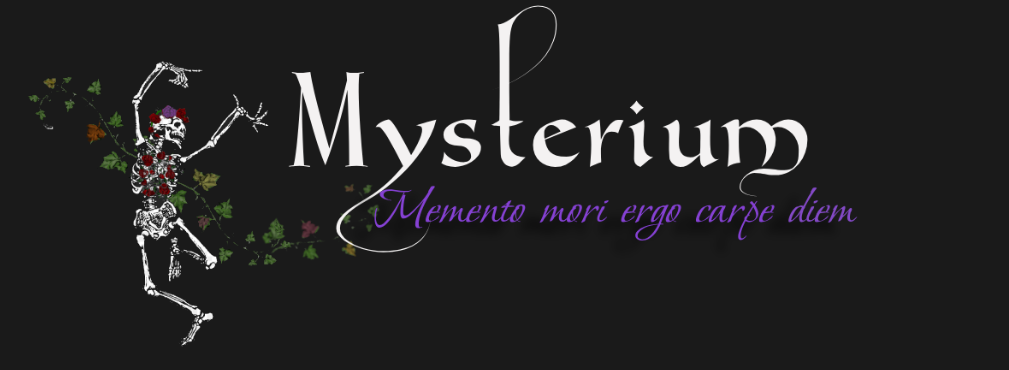
In Richard Adams’ 1972 masterpiece Watership Down, a group of rabbits must leave the doomed Sandleford warren and embark on a perilous journey to find a new home. Along the way they encounter many strange things, including a warren of curiously fatalistic and decadent rabbits, whose philosophy is represented in verse by their poet, Silverweed:
The wind is blowing, blowing over the grass.
It shakes the willow catkins; the leaves shine silver.
Where are you going, wind? Far, far away
Over the hills, over the edge of the world.
Take me with you, wind, high over the sky.
I will go with you, I will be rabbit-of-the-wind,
Into the sky, the feathery sky and the rabbit.The stream is running, running over the gravel,
Through the brooklime, the kingcups, the blue and gold of spring.
Where are you going, stream? Far, far away
Beyond the heather, sliding away all night.
Take me with you, stream, away in the starlight.
I will go with you, I will be rabbit-of-the-stream,
Down through the water, the green water and the rabbit.In autumn the leaves come blowing, yellow and brown.
They rustle in the ditches, they tug and hang on the hedge.
Where are you going, leaves? Far, far away
Into the earth we go, with the rain and the berries.
Take me, leaves, O take me on your dark journey.
I will go with you, I will be rabbit-of-the-leaves,
In the deep places of the earth, the earth and the rabbit.Frith lies in the evening sky. The clouds are red about him.
I am here, Lord Frith, I am running through the long grass.
O take me with you, dropping behind the woods,
Far away, to the heart of light, the silence.
For I am ready to give you my breath, my life,
The shining circle of the sun, the sun and the rabbit.
After his friend Bigwig is narrowly saved from a wire snare, Sandleford seer Fiver – who, like all wild rabbits, holds true to the faith of El-ahrairah, the “Prince of a Thousand Enemies” – finally realizes what has been troubling him about the Shining Wire warren:
That warren’s nothing but a death hole! The whole place is one foul elil’s (enemies’) larder! It’s snared — everywhere, every day! That explains everything: everything that’s happened since we came here.
Listen, Dandelion. You’re fond of stories, aren’t you? I’ll tell you one — yes, one for El-ahrairah to cry at.
Those rabbits became strange in many ways, different from other rabbits. They knew well enough what was happening. But even to themselves they pretended that all was well, for the food was good, they were protected, they had nothing to fear but the one fear; and that struck here and there, never enough at a time to drive them away. They forgot the ways of wild rabbits. They forgot El-ahrairah, for what use had they for tricks and cunning, living in the enemy’s warren and paying his price? They found out other marvelous arts to take the place of the old stories. They sang songs like birds and made Shapes on the walls; and these could help them not at all, yet they passed the time and enabled them to tell themselves that they were splendid fellows, the very flower of rabbitry, cleverer than magpies.
And since they could not bear the truth (they) were squeezed under the terrible weight of the warren’s secret until they gulped out fine folly, about dignity and acquiescence, and anything else that could make believe that the rabbit loved the shining wire.
The rabbits of the Shining Wire Warren have much in common with the adherents of the Cavite religion in Gore Vidal’s dystopian novel, Messiah – not the life-and-death-affirming humanistic faith first envisioned by narrator/protagonist Eugene Luther, but the perverse death-cult that it devolves into, later in the story.
